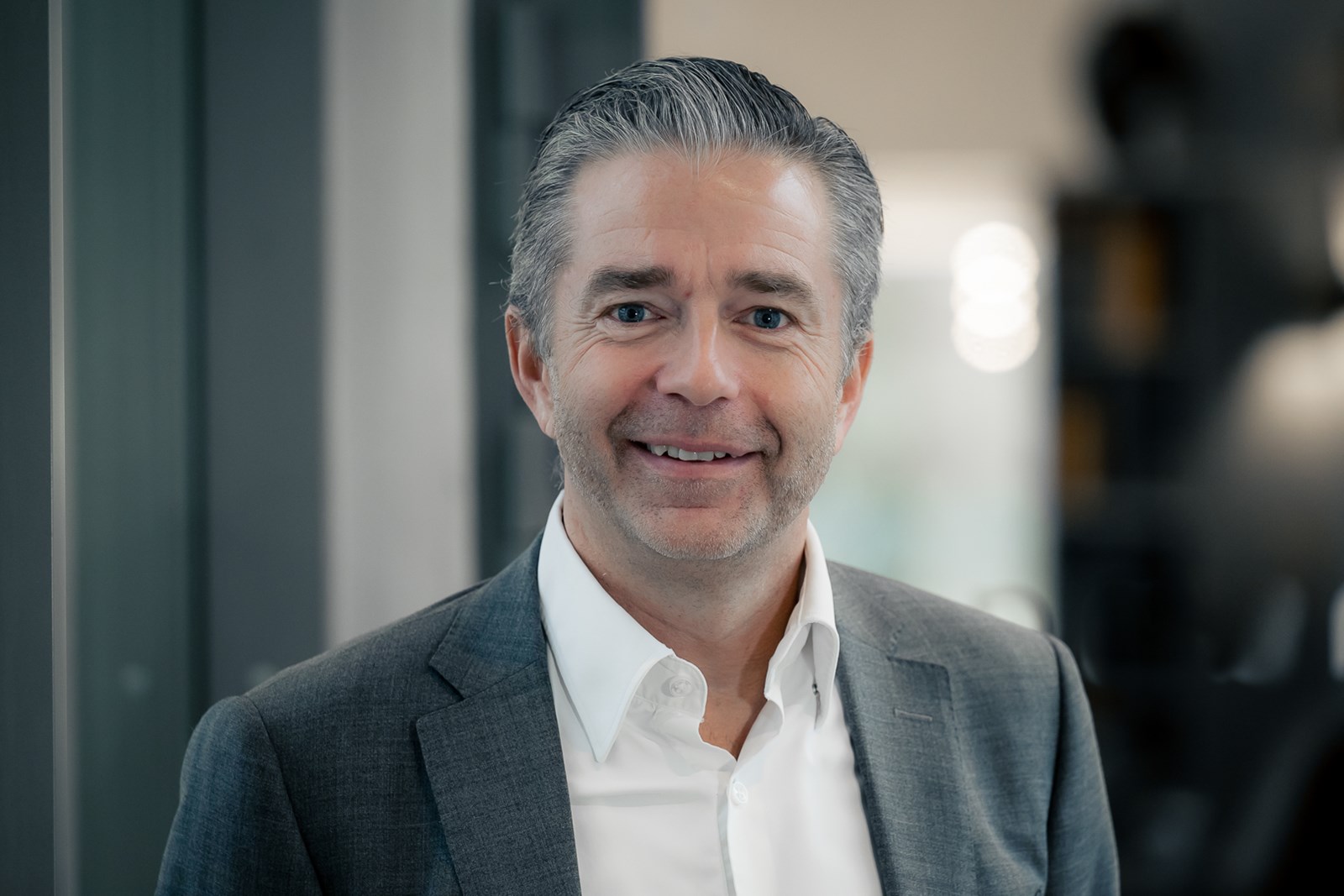EVERYONE HAS THE RIGHT NOT TO WASTE THEIR TIME
Today, the services are both deeper and broader, but the underlying mission has remained the same since exacto was founded. Because if you ask partner Peter Nørvig, there is something that everyone is entitled to.
Leading up to the financial crisis, when the overheated economy collapsed, there were almost no limits to what one was entitled to. The right to a large open kitchen with the opportunity to socialize – "the conversation kitchen" – was just one example, but the alluring advertisement that sold the idea nevertheless became an almost Herostratic example of everything wrong with our collective blindness to where we were going. Therefore, few people want to use this phrasing, unless it is with an ironic twinkle in their eye.
But maybe we should hold on to the fact that there is something we have a right to?
In the view of partner in exacto Peter Nørvig, yes, but in a completely different context. A context that is actually the antithesis of the overheated economy. Namely, that this right is not a question of spending more – perhaps more than you can afford – but of spending less. Both money, time, and resources.
A vision became a mission
In its time, exacto was established with a clear vision that crystallized into a mission: There had to be an end to wasting time on work and tasks that could either be made automated or completely eliminated.
It was a vision and mission that had grown out of Peter Nørvig's own experiences from the eye of the hurricane:
"I sat as CFO in one of the world's leading consulting houses with a team of highly specialized experts who, due to recurring compliance tasks, wasted up to a quarter of their time each month on trivial tasks that, due to our technical setup, had to be handled manually. We literally copied Excel files from one month to the next, manually updating dates and data afterwards. Column after column. To roll the forecast files, as we called it. When I looked at that waste of time and the capacity of my team, my thought was: We can do better."
This idea eventually became a vision, and with the right partners on board also a mission:
"I saw how it affected the team. To waste their time like that; using one's time and skills without adding value is destructive to job satisfaction and motivation. When I met those who later became my co-founding partners of exacto and found that they shared both my frustration and vision, we were quick to take action. We formulated our mission: To give the market what we ourselves had lacked."
Greater needs have resulted in more products
Over the years, exacto's portfolio of services has grown significantly, as the close collaboration with customers has revealed that the problem is more extensive:
"After all, it's not just those responsible for finance who struggle with this problem. The entire administrative layer is plagued by trivial tasks that drain them of time and resources. At the same time, their workflows are inefficient, they experience severe peak loads in periods, and the trust in data can be challenged."
As a consequence, the growth in exacto's service portfolio is largely due to the close collaborations:
"We develop and tailor our various products in close consultation with customers. This is the optimal starting point, as the solutions are therefore based on very concrete challenges and needs. But you may say that it also benefits our other and future customers: Every time we have carried out a adaptation and implementation, we gain valuable learnings that can subsequently be used to optimize and adjust the existing portfolio of services that we offer our customers", Peter Nørvig explains.
Same mission – greater scope
Almost 17 years have passed since Perter Nørvig, and the other partners joined forces with a common mission and established exacto. But according to Peter Nørvig, this mission is constantly gaining new layers:
"For the first several years, our focus has primarily been on the development of new digital tools to support various processes and workflows in companies. But we believe we can take it further. Because we have found that there may be a barrier to implementing the requested tools. It may be costs, time and/or resources for the implementation. Just to get started. We want to reduce or completely remove this barrier. Because everyone has the right not to waste their time as well as their resources. This also applies when they want to obtain the digital support they need."

